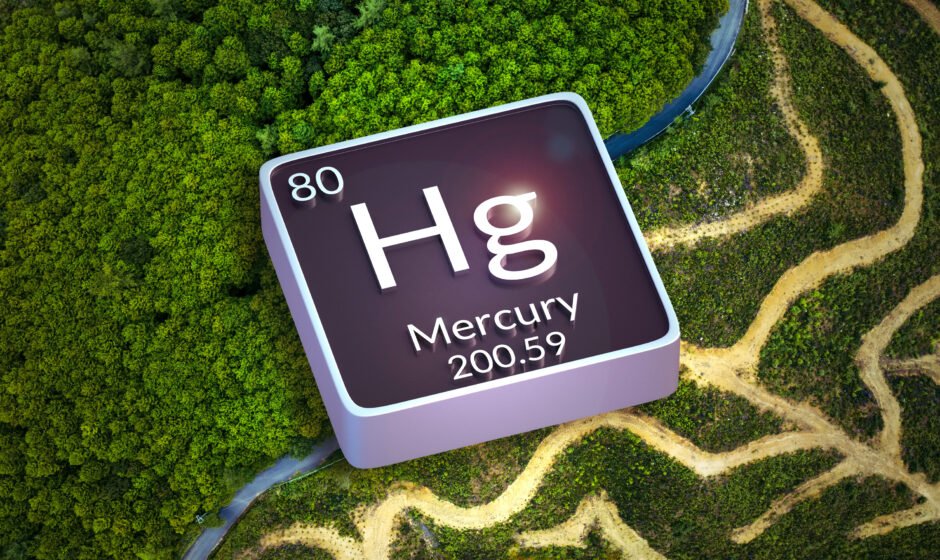A new study from MIT reveals that around 10 percent of human-made mercury emissions each year are a result of global deforestation. The research shows that the world’s vegetation, including regions such as the Amazon rainforest and sub-Saharan Africa, acts as a sink, removing the toxic pollutant from the air. However, if deforestation rates continue at their current pace or accelerate, net mercury emissions will continue to increase. The study highlights the significant role that the Amazon rainforest plays in absorbing mercury and suggests that efforts to curb deforestation in this region could have a substantial impact on reducing mercury pollution. The researchers also estimate that global reforestation efforts could increase annual mercury uptake by approximately 5 percent. However, they emphasize that reforestation alone should not be seen as a substitute for global pollution control efforts. The study calls for addressing deforestation-related emissions as part of the solution to reduce mercury pollution. The research was carried out by Ari Feinberg, a former postdoc at MIT, and Noelle Selin, a professor at MIT’s Department of Earth, Atmospheric and Planetary Sciences. The findings were published in the journal Environmental Science and Technology.




